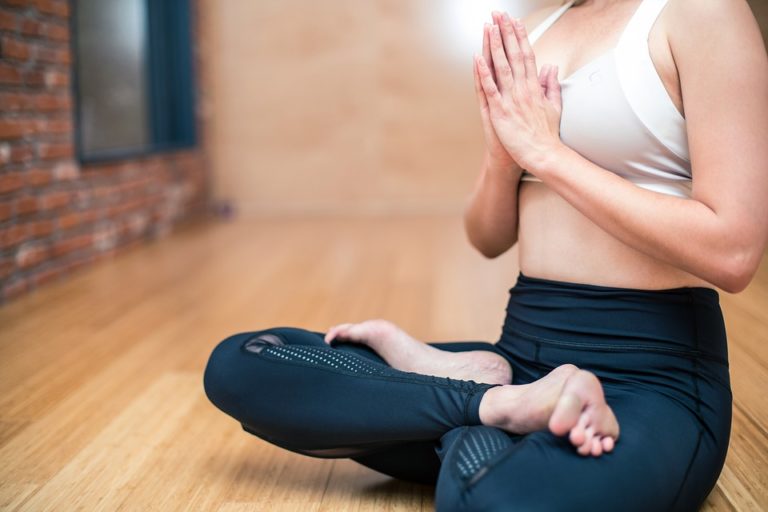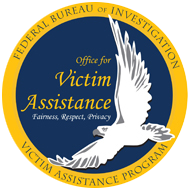There has been a lot of talk about using yoga for everything lately. I decided to do a little digging into yoga for addiction recovery. My colleague Dana is a therapeutic yoga instructor who takes the use of yoga to a whole new level. She goes beyond poses and stretching and basically does yoga for the mind. I got to thinking about how therapeutic yoga can help someone in addiction recovery and began to think about how shameful recovering people are. I know this, because I’ve been there. The negative thought patterns that I was knee deep in “It’s all my fault” and “I can’t do anything right” or even “I’m not good enough” invaded my life. Dana describes how yoga can combat negative thought patterns and I’m sharing her article with you.
[CLICK HERE FOR FULL YOGA ARTICLE]
_______________________________________________________
5 Easy Steps To Combat Negative Self Talk With Yoga
Cultivating Counteracting thoughts of Love: The Practice of Pratipaksa-bhavana

Today in the West, we mostly think of yoga as an exercise system that moves us through positions we put our bodies in to create more flexibility. Often people tell me they can’t “do yoga” because they are not flexible. I am so excited to have begun blogging for Cardinal Point to dispel these false beliefs one article at a time! Yoga is a system of living. It is multi-faceted and multi-dimensional and has eight parts or limbs spelled out in the Yoga Sutras of Patanjali book to assist us in living healthier. My plan for blogging is to dissect the Sutras one at a time to deepen your knowledge and understanding of what yoga is and how it can make your life healthier! The topic of this first blog is, in my opinion, one of the biggest gifts yoga can give us. The idea that we are not a slave to our thoughts. We can identify and master our thinking patterns to assist us in our journey to health.
Sutra 11.34

Sutra II.34 states the following: Negative thoughts are violence, etc. They may be personally performed, performed on one’s behalf by another, or authorized by oneself; they may be triggered by greed, anger, or delusion; and they may be slight, moderate, or extreme in intensity. One should cultivate counteracting thoughts, namely, that the end results of negative thoughts are ongoing suffering and ignorance.



















